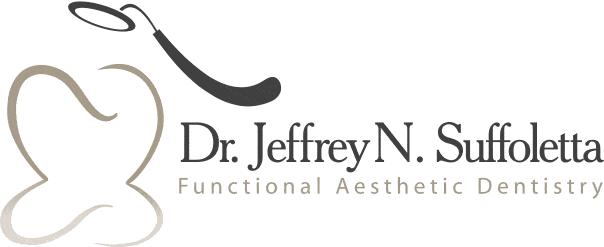Dental Needs for the Elderly
As we age, dental problems can become more prominent. Many factors can cause dental problems for example, forgetting to maintain a good dental routine due to Alzheimer’s or dementia could be one of them. These unfortunate circumstances could be more common than you may think.
Arthritis can make it difficult to brush or floss and medications can cause side effects that negatively impact dental health. Many people find themselves resorting to dentures and implants as they get older to replace lost teeth. However, getting old does not necessarily mean you have to resort to replacement teeth.
A good oral routine and frequent dental visits can work wonders in maintaining all your teeth as you get older. Let’s examine in more detail the causes of poor dental health as we age and what we can do to combat them.

Medications
As we get older our medicine cabinet tends to fill up with various medications. A common side effect to many medicines is dry mouth. The chances of having tooth decay is increased when you’re suffering from dry mouth.
Cancer is a serious disease that brings additional oral side effects when medications are added to the equation. With this being said, it’s very important that you take the treatments and medications that your doctor prescribes. Here are some oral health side effects of cancer treatments:
- Jaw pain
- Mouth sores
- Infection
- Sensitive gums and gum disease
- Dry mouth
Jaw Pain can be a common side effect of cancer radiation when the therapy is targeting in your neck and head area. This pain can also cause headaches, pain in and around the ear, jaw tenderness and pain when eating.
Rheumatoid Arthritis
Oral health can be compromised by rheumatoid arthritis. Gum disease and RA are diseases that stem from inflammation. Rheumatoid Arthritis has been linked to the following oral ailments:
- TMJ (temporomandibular joint) – People who suffer from TMJ experience severe pain when opening and closing their mouths.
- Sjogren’s Syndrome – Sufferers from this disease have difficulty eating, experience dry mouth and tooth decay.
- Gingivitis – A milder form of gum disease which causes the patient to have tender and swollen gums.
- Oral Infections – The infections of the mouth can be in fungal or bacterial form.
- Periodontitis – This disease is caused by inflammation and deteriorates tissue and bones that support teeth.
If you are suffering from RA, it’s very important to inform your dentist. You should also make sure you avoid tobacco products and make it a habit to brush and floss regularly. It also helps to be aware of any signs of infection that may be present such as:
- Swollen nodes around the jaw
- Swelling over the jaw or around teeth
- Fever
- Severe pain
If you see white coating or clumping on the inside of your cheeks or on the tongue take note, this could be a sign of oral thrush or candida, two types of fungal infections. For the majority of patients these infections do not cause serious problems. Unless you already have a weakened immune system, which can lead to more severe consequences.
702-671-0001
Preventative Treatment Keeps Your Family Healthy
Dementia and Alzheimer’s
A good oral routine may become challenging when someone is in the middle to late stages of Alzheimer’s. The patient may forget what to do with their toothpaste or how to rinse their mouth. These issues can become more problematic if they refuse to let others assist them. Here are some tips you can implement if you’re helping a loved one stay on top of their oral health.
- Give easy to follow step by step instructions: Urging an Alzheimer’s patient to simply brush their teeth may not be enough. You may have to instruct the person on how to hold their toothbrush, how much toothpaste to put on and then proceed to tell them to brush their teeth.
- Use yourself as an example: You may have to slowly brush your teeth so the person will see the whole process from beginning to end. If the person is cooperative, you can gently guide their hand to help brush their teeth. If they’re getting angry, it’s best to wait until later that day to try again.
- Keep mouth clean: Strive to brush teeth at least twice a day. Make sure not to neglect the roof of the mouth, gums and tongue. The last cleaning of the day should be after eating dinner or taking any liquid medication before going to bed.
- Floss on a regular basis: Flossing can stress some people out, especially if they’re experiencing discomfort. Nonetheless, flossing should be done on a daily basis. If the person is not cooperating due to discomfort, a proxabrush may be a good solution.
Be Proactive at Home and With Your Dentist
These are just a few of many oral complications that come along with old age. This is why good communication with your dentist needs to be a priority if you’re to receive the best dental care possible. When visiting your dentist for routine checkups or any other procedures, make sure to let them know what medications you are taking or if your doses or prescriptions have changed since your last checkup.
Dr. Suffoletta has experience treating patients of all ages. Dr. Suffoletta and his team are knowledgeable and experienced in the latest dental technology. They use tools that inflict zero to minimal pain. You can rest assured that if you’re taking a toddler or elderly loved one to Dr. Suffoletta’s practice, they will experience quick and effective dental treatment without the discomfort or anxiety associated with old fashioned dentistry. Call us today at 702-671-0001 to make an appointment or visit us to find out more.



